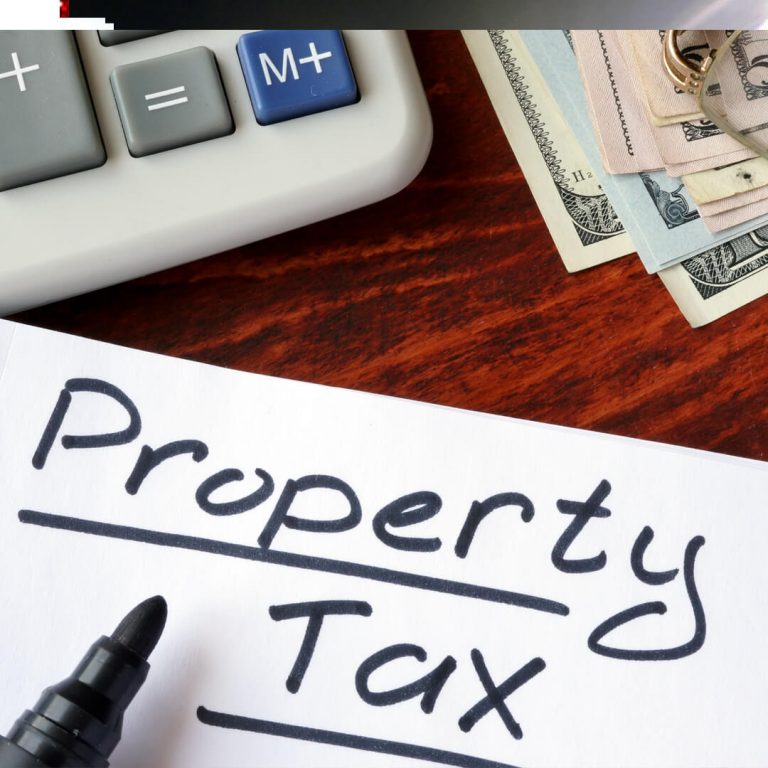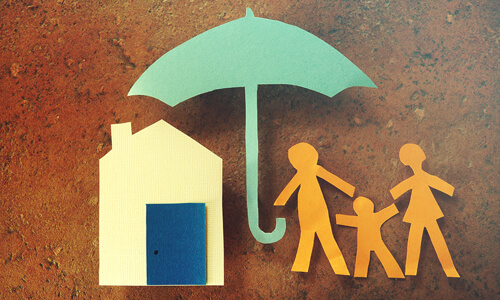When transitioning from renter to homeowner, it’s easy to think that the monthly mortgage will be the only high cost. Unfortunately, many first-time homeowners have made that mistake, and many have regretted it, wondering how they will handle all the additional costs.
Not budgeting for other costs of homeownership is perhaps the single biggest mistake inexperienced buyers make. Falling victim to this common blunder is avoidable. As you establish a monthly housing budget, these costs must be included:
1. Trash service
For many apartment dwellers, the cost of trash removal is rolled into the rent, invisible but still there. However, that monthly, quarterly, or annual cost will quickly make itself known and felt for homeowners.
2. Property taxes
The township or municipality where you live will want a slice of the action and some much-needed tax revenue. The problem with property taxes is they may sometimes rise unexpectedly, making budgeting for them as difficult as it is necessary.
3. Condo or homeowners association fees
If the home or condo is part of a neighborhood association, it’s likely to have dues to pay, and those costs are not voluntary. Moreover, mandatory condo or homeowners association fees are also subject to rise with inflation, making them unpredictable.
4. Sewage fees
Wastewater treatment is a big business and expensive. Unless you have an on-premises septic tank, monthly or quarterly sewage disposal fees will need to be paid. Even if the property has on-site septic, future developments may require a different disposal plan.
5. Lawn care
When living in an apartment, mowing the lawn isn’t a concern, and owning a lawnmower isn’t necessary. With a home, quality lawn-care equipment, or paying someone to keep the landscape looking great will be an added cost.
6. Snow removal
In some parts of the country, winter rolling in means removing all that snow and making space for cars—which can be expensive. Whether paying a neighborhood kid to shovel the driveway or buying a snowblower, a budget line will be needed for those one-time and ongoing costs.
7. Insurance
Hopefully, renters insurance for the contents of your apartment already exists in your budget, but the cost is most likely negligible. Don’t forget to factor in homeowners insurance when buying a home.
8. Routine maintenance
Without a landlord to call, guess who will be responsible for every piece of ongoing maintenance and the costs associated with them? That’s right, you.
9. Major (and minor) repairs
Eventually, something big will break, whether maintaining your home well or poorly. You will be on the hook for any needed repairs when it does. These costs can be unpredictable. That’s why an emergency repair fund is a must for every new homeowner. Home warranties are also a good consideration.
10. Refinancing costs
One thing is sure, the mortgage will likely be the biggest monthly expense a homeowner will have, and refinancing can lower both the principal and the interest. Unfortunately, those refinancing offers come with their own set of costs. Budget ahead of time to make sure the cost is affordable.
There is little doubt that homeownership has significant financial benefits. Instead of throwing away money on rent, you get to build equity in a property that will hopefully rise in value over time, increasing family wealth and enhancing your financial picture in the process. Even so, it’s important not to downplay the actual costs homeownership can introduce. Being prepared for the real cost of owning a home is essential, and that starts with recognizing the reality of the expenses outlined above.
Source: Balance Financial Fitness






Comments Section
Please note: Comments are not monitored for member servicing inquiries and will not be published. If you have a question or comment about a Quorum product or account, please visit quorumfcu.org to submit a query with our Member Service Team. Thank you.